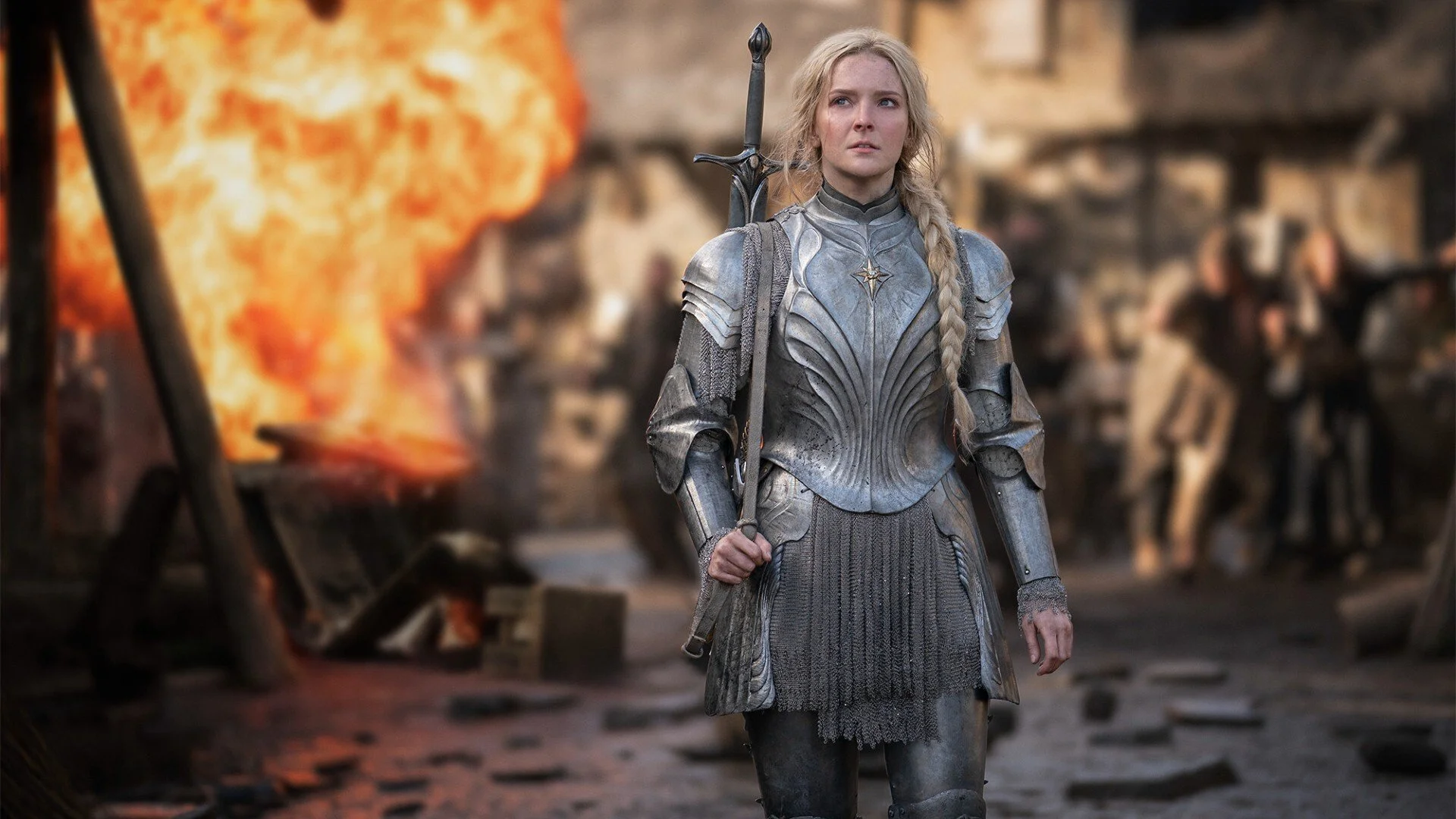It’s finally time to explore the next big swing at adapting Tolkien for the screen - will Amazon delve too deep?
Read MoreIf the season finale of Loki, on Disney+, is any indication, the show is finally coalescing around its own approach to the currents of time. However, its direction is very reminiscent of two other well-established sci-fi series, Doctor Who and Lost. At best, Loki features a carefree, don’t-worry-about-it attitude, and at worst, it’s mostly characters sitting around, questioning who should get to be the man or woman behind the curtain.
Read MoreThat’s the inherent struggle within Disney and Star Wars; innovation can lead to good – sometimes great – ideas, but the cost is potentially alienating those who prefer things to stay constant or those too afraid to try new things.
Read MoreThe first half of the season spends a lot of time laying groundwork. Whereas the first season was more character-driven, often choosing several characters per episode to focus on, now the show takes on a more plot-driven, serialized structure. There’s a trickle of information about Stormfront, and the side hustle she may be running to import supervillains into the country. There’s also a comic-relief arc running between episodes with The Deep (Chace Crawford), who has accidentally joined a sort of Scientology-like cult in Ohio.
Read MoreIt is easy to root for Angie, whose characterization departs drastically from the usual East Asian trope of the meek daughter of a domineering father who needs a Romeo to save her. In Triad Princess, Angie is Romeo and Xu Yi Hang the more passive and obedient Juliet.
Read MoreThe multiple timelines make it difficult to follow, and each episode feels different; at times, it’s a family drama moving at a snail’s pace, and during others it’s an action epic or a sadistic crime thriller. Chen’s vision is expansive, but its weak storytelling and confusing editing muddies the final product.
Read MoreNora fares a bit better. She’s the heart of the show, as someone who both loves and hates the idea of digital afterlife; she believes in the ideals that the tech is based on, but hates how corporate culture has infected it with predatory policies. Nora is someone who struggles to connect with people in the real world, and when she finally finds someone she truly cares about, he’s tragically both already dead and a professional client.
Read MoreIt feels oddly disjointed; unlike The Office or Community in which any episode could take place on any weekday, Space Force has to follow a linear timeline of events, but at times it’s difficult to make heads or tails of what is actually going on and it never really focuses on one conflict long enough before moving on.
Read MoreI can live with all of these things, if only to watch Kendrick charismatically tumble through her love life, but meaningful relationships condensed into 30-minute episodes feel like a disservice to such supposedly seminal points in Darby’s life.
Read MoreFirst introduced to audiences as a graphic novel in 1982 as Le Transperceneige, it was adapted into a feature film in 2013 as Snowpiercer to near-universal acclaim. Fast forward to 2020, and we now have a TV iteration that, so far, struggles to answer the unenviable question of… why?
Read MoreThere’s plenty of moments that, in the era of COVID-19, seem all too familiar. The characters are hypervigilant around sources of infection, frantically double-checking their suits and disinfecting everything. They soon develop an effective blood-based test for the virus, and in the fourth season, part of an episode revolves around performing community-wide tests to determine if someone’s been exposed.
Read MoreA character glimpsed briefly in one episode will eventually get an installment of her own. The high-tech discoveries at the Loop figure into each one, but we’re never left with the sense that the show is trying to sound dire warnings about its viewers’ relationship with their phones or social media.
Read MoreTiger King is a cross-section of so many genres that its impact on the zeitgeist was perhaps a foregone conclusion.
Read MoreIt’s a good-enough premise, but the moral question it posits is far more interesting. There’s a lot of torture, and a lot of it to good end. Important plot information is revealed usually when Nazis are tortured, and when the situation is flipped and the Nazis do the torturing, it’s usually to show the strength of Jews. I don’t think Hunters endorses torture, but simply by tolerating torture we may not be as progressive as we thought, especially given all the scientific advances made during the war years.
Read MoreThere is so much care, thought and detail put into the show it’s mesmerizing even on second watch. The era-specific cars, restaurants, technology and social issues is compelling television. This is absolutely Fincher’s doing, whose characters are often investigators, and by extension pays a lot of attention to details in his scenes.
Read More














